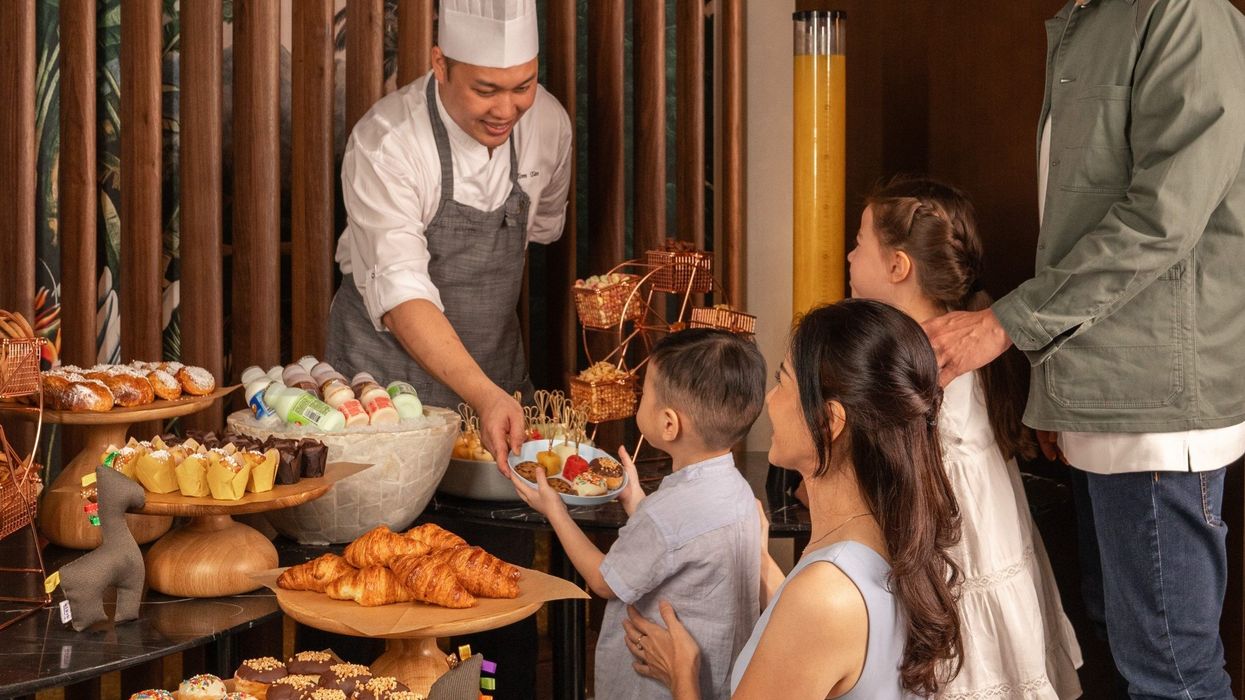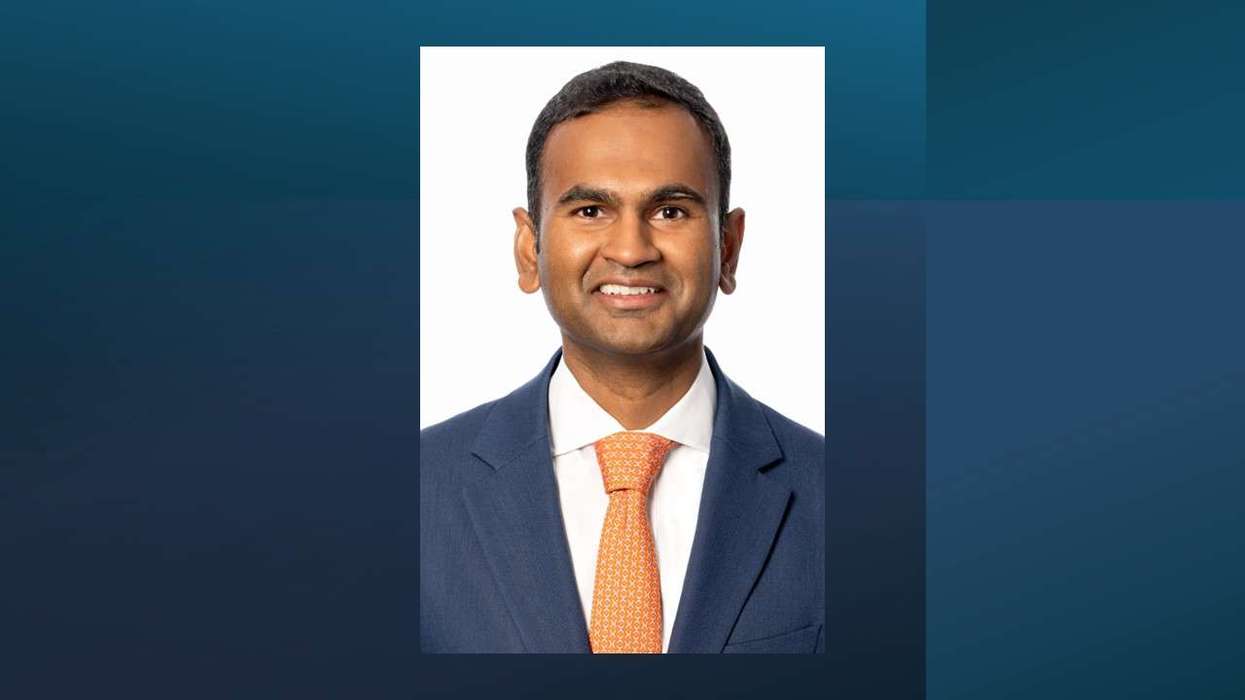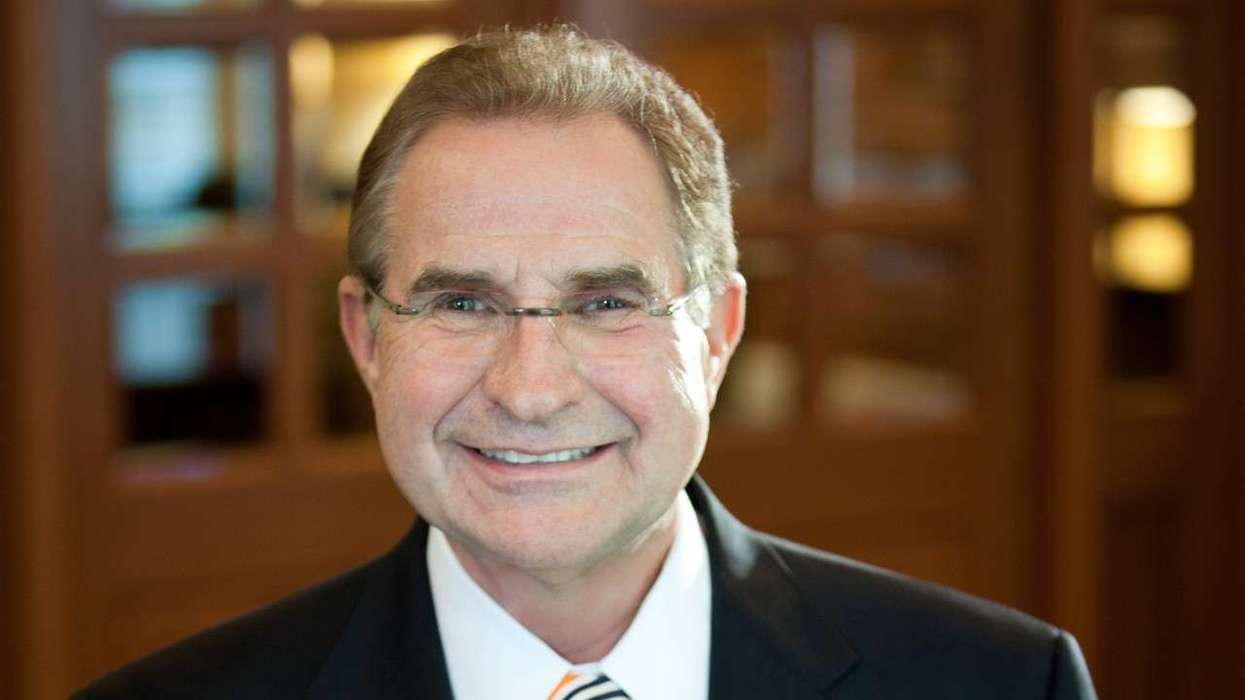POST-PANDEMIC TRAVELERS ARE blending relaxation with high-energy adventures to maximize their time and financial investment, according to Hilton's annual Trends Report. Approximately 70 percent of global travelers enjoy staying active while on the go, and one in five leisure travelers are planning outdoor adventures in 2025.
The report's findings are based on research involving 13,000 travelers across 13 countries, including Brazil, feedback from more than 4,100 Hilton team members and interviews with Hilton travel experts.
“Our 2025 Trends Report uncovers what has been simmering for years—the intersection of work and play; of relaxation and adventure; of being alone but together,” said Chris Nassetta, Hilton’s president and CEO. “Travelers don’t just want to choose their own adventure; they want to maximize every moment of their time away. This new data reveals a fascinating dichotomy and a growing focus on experiences that will keep us constantly evolving to meet the needs of tomorrow’s traveler.”
Trend highlights
The report highlights that travelers are increasingly combining active experiences with leisure. Seven in 10 global travelers enjoy staying active on vacation, and one in five are planning outdoor adventures in 2025. The trend of "hurkle-durkling," a Scottish term for lounging in bed all day, is also gaining popularity, with one in five indulging in this restful practice. More than a quarter of travelers are booking spa or wellness treatments to improve their sleep.
Parents are revisiting childhood destinations with their children, while one in four leisure travelers are planning extended stays to immerse themselves in local cultures, signaling the rise of slow travel, the report found.
The demand for technology and personalization is also growing, the report said. About 63 percent of travelers now prefer a digital room key to bypass the front desk. Additionally, 24 percent are disconnecting from social media more during vacations, and 25 percent of solo travelers bring their pets, a rate higher than the average leisure traveler.
About 30 percent of global travelers are taking trips with "frolleagues" (friends who are also colleagues), and 70 percent of parents choose vacation spots based on their children's preferences. Solo travelers, often called "MeMooners," are increasingly opting for books as their travel companions, with 64 percent preferring a good read.
Culinary exploration remains a key motivator, with one in five travelers seeking new dining experiences, and half making restaurant reservations before their flights, the Hilton report found. In line with the sober curiosity trend, one in four global travelers has reduced or stopped drinking alcohol, opting for mindful consumption.
More than one in five travelers are prioritizing trips focused on self-discovery or mental health, reflecting the appeal of "soft travel," which emphasizes simplicity and spontaneity, it said. Hilton's sports-related revenue tripled from 2019 to 2024, with 80 percent of this growth driven by youth and amateur sports.
A recent Booking.com survey found that 82 percent of American travelers consider sustainable travel important, though 48 percent view it as secondary in trip planning. The survey, which included 31,000 participants across 34 countries, highlights the need for collective action to promote sustainability in the travel industry.






